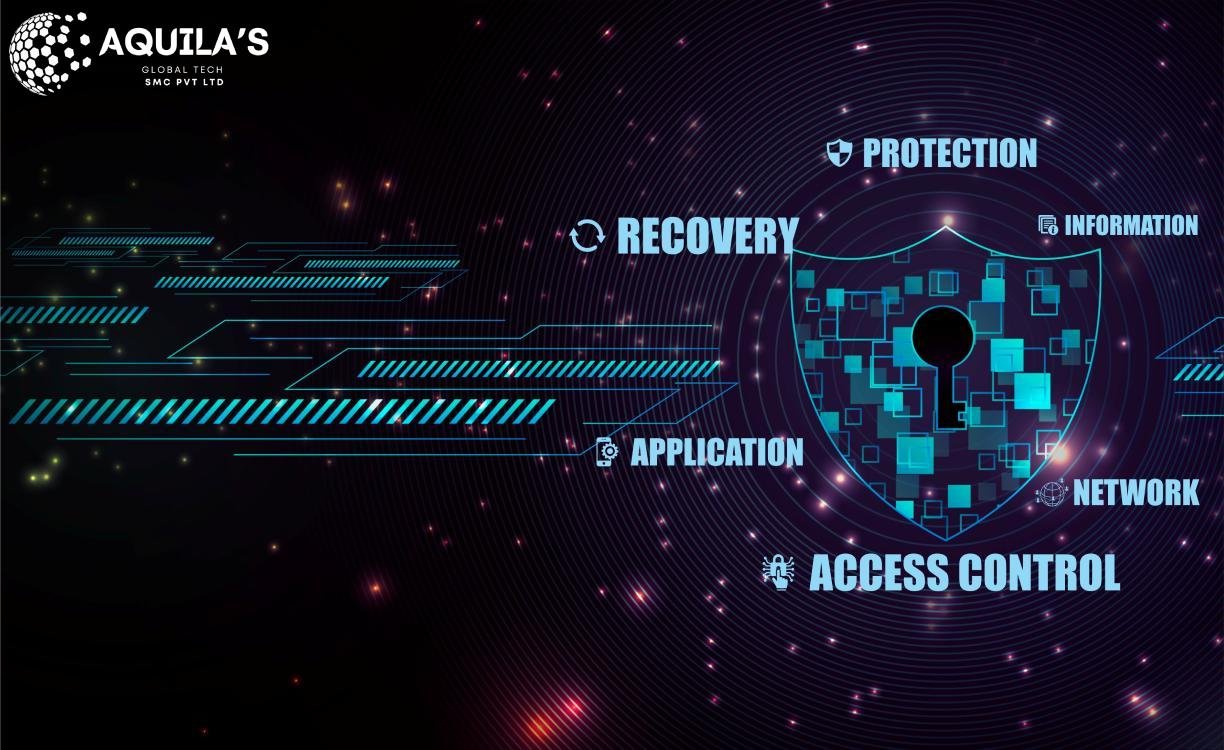Artificial Intelligence (AI) is rapidly transforming industries, influencing decision-making in areas like healthcare, hiring, finance, and law enforcement. However, as AI becomes more integrated into society, concerns about AI bias and its ethical implications are growing. AI bias occurs when an algorithm produces results that are systematically prejudiced due to flawed data or design. This can lead to unfair outcomes that disproportionately affect certain groups, reinforcing existing societal inequalities.
In this blog, we will explore the causes of AI bias, its real-world consequences, ethical concerns, and strategies to mitigate it.
1. Understanding AI Bias
AI systems learn from vast amounts of data, and if that data reflects societal biases, the AI can perpetuate and even amplify them. Several factors contribute to AI bias:
- Training Data Bias: If an AI model is trained on biased or unrepresentative data, it will learn and replicate those biases in its decision-making process. For example, if a hiring algorithm is trained on historical data where men were favored for leadership roles, it may unintentionally discriminate against women in future hiring decisions.
- Algorithmic Bias: The way algorithms are designed can unintentionally favor certain groups over others. If an AI model prioritizes specific features in its decision-making process, it may result in unfair treatment of particular demographics.
- Lack of Diversity in AI Development: AI systems are built by humans, and if development teams lack diversity, unconscious biases may be embedded in AI models. A homogeneous team might overlook potential biases in training data and algorithm design.
- Feedback Loops: AI models continuously learn from user interactions, and if biases exist in the input data, they can reinforce and perpetuate existing inequalities over time. For example, social media algorithms may promote certain viewpoints more than others, influencing public opinion and reinforcing stereotypes.
2. Real-World Consequences of AI Bias
AI bias is not just a technical issue—it has real-world implications that can negatively impact people’s lives. Some of the most concerning examples of AI bias include:
- Hiring Discrimination: AI-driven hiring tools have been found to discriminate against certain demographics due to biased training data. In one notable case, an AI hiring system used by a major tech company favored male applicants over female candidates because it was trained on resumes submitted primarily by men.
- Criminal Justice System: Predictive policing and AI-driven sentencing tools have been criticized for disproportionately targeting marginalized communities. If historical crime data is biased, AI systems may unfairly associate certain racial or socioeconomic groups with criminal activity, leading to unjust policing and sentencing.
- Healthcare Disparities: AI models used in medical diagnostics and treatment recommendations may be less accurate for underrepresented populations. For example, an AI system designed to detect skin cancer may perform poorly on darker skin tones if it was primarily trained on lighter-skinned individuals. This can lead to misdiagnoses and inadequate healthcare treatment.
- Financial Inequality: AI algorithms used in lending and credit scoring can unintentionally favor certain socioeconomic groups while disadvantaging others. If a loan approval algorithm is trained on biased financial data, it may unfairly deny loans to individuals from minority communities.
3. Ethical Concerns and Responsibility
AI bias raises significant ethical concerns about fairness, accountability, and transparency. Some key ethical questions include:
- Who is responsible for AI decisions? Developers, companies, and policymakers must determine accountability when AI-driven systems make biased or harmful decisions.
- How can AI be made fairer? Researchers and developers must create tools to detect and mitigate bias while ensuring diverse and representative datasets.
- Should AI decisions be transparent? AI decision-making processes should be explainable and open to scrutiny to build public trust and ensure accountability.
4. Solutions to Reduce AI Bias
While AI bias is a complex issue, several strategies can help mitigate its impact:
- Improving Data Quality: Ensuring diverse, representative, and unbiased datasets can reduce bias. AI models should be trained on data that accurately reflects the diversity of the populations they serve.
- Algorithm Auditing: Regularly reviewing AI models for bias and adjusting them accordingly can improve fairness. Independent audits and fairness testing can help identify and mitigate bias in AI systems.
- Ethical AI Development: Encouraging diverse teams in AI research and development can help address unconscious biases and promote fairer algorithms. Including perspectives from various backgrounds can lead to more inclusive AI solutions.
- Regulation and Governance: Governments and organizations should establish ethical guidelines and legal frameworks to oversee AI systems. Implementing AI ethics boards and compliance requirements can help ensure responsible AI deployment.
- User Awareness and Education: Increasing public awareness about AI bias can help users critically evaluate AI-driven decisions. Transparency in AI models can empower individuals to question and challenge biased outcomes.
5. The Future of Ethical AI
As AI continues to evolve, addressing bias will be essential to ensuring fairness and equality. Future advancements in AI ethics and fairness research will focus on:
- Developing More Inclusive AI Models: AI researchers are working on improving fairness metrics and techniques to ensure that AI systems perform equitably across different demographic groups.
- Strengthening AI Transparency: Organizations are pushing for explainable AI (XAI), which aims to make AI decision-making more transparent and understandable to users.
- Improving Regulations and Standards: Policymakers are exploring ways to create global standards for ethical AI development to prevent discrimination and bias.
Conclusion
AI bias is a significant ethical challenge that requires attention from developers, businesses, policymakers, and society as a whole. While AI has the potential to improve lives and increase efficiency, it must be designed and implemented responsibly to avoid perpetuating discrimination and inequality. By addressing AI bias through better data practices, transparency, and ethical AI development, we can work toward a fairer and more inclusive future.



